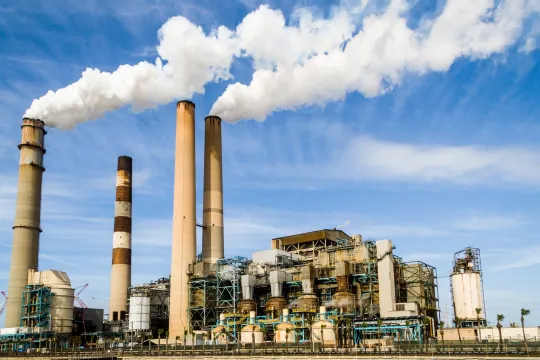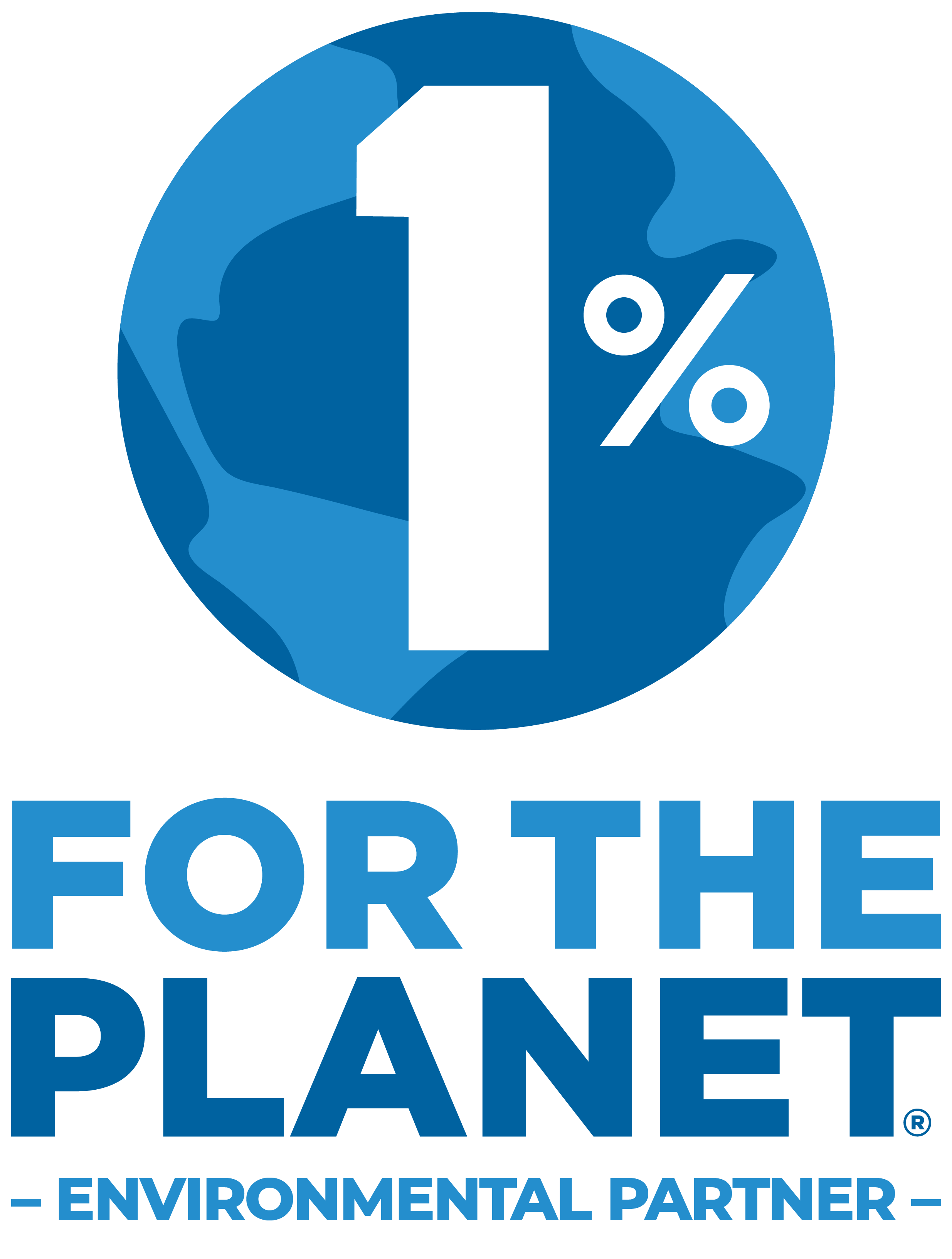Active banners: 0 Visible banners: 0
The Social Cost of Carbon
Provided by: CLEAN |Published on: November 8, 2023
Articles/Websites
9101112AP
Synopsis
- This video explores the "social cost of carbon," why this cost is necessary to increase climate change mitigation and adaptation, and how different United States administrations have approached this concept.
- Students will learn that the "social cost of carbon" is a dollar value that combines all the social and economic harms that come from CO2 emissions, that presidential administrations have not been uniform in how they assess this concept, and the "social cost of carbon" can convince entities that climate change mitigation/adaptation strategies are worth the initial cost.

Subjects: Earth and Space Sciences, Economics, Civics
Authors: CLEAN, Climate Now
Region: North America, United States
Languages: English
Teaching Materials
Positives
- This video features a climate scientist and an economics professor, both knowledgeable in the field.
- This video is thorough in its explanation of complex economic concepts.
Additional Prerequisites
- It may benefit students to have an intermediate understanding of climate change, its causes, and its impacts.
- Discussing the United States government's approach to climate change, including the fact that policies change from administration to administration, may help students understand some of the information.
- Students may need the terms anthropogenic, monetize, emissions, and others defined before watching the video.
Differentiation
- Language arts students can use this video for an informative essay on how the two major United States political parties have approached climate change during the 21st century.
- Civics students can watch the video at home to prepare for an in-class discussion on the United States government's effectiveness in dealing with climate change.
- Students can research various climate change mitigation strategies, their costs and benefits, and their current adoption rate in the United States.
- This video opens many avenues for further discussion and exploration, such as the prevalence of greenhouse gas emissions despite their harmful nature, the use of climate models to make projections for future climate change, the disproportionate effects of climate change on different socioeconomic groups, and others.
Scientist Notes
Teaching Tips
Standards
Resource Type and Format
About the Partner Provider

CLEAN
The CLEAN Network is a professionally diverse community of over 630 members committed to improving climate and energy literacy locally, regionally, nationally, and globally in order to enable responsible decisions and actions. The CLEAN Network has been a dynamic group since 2008 and is now led by the CLEAN Leadership Board established in 2016.
All resources can be used for your educational purposes with proper attribution to the content provider.



